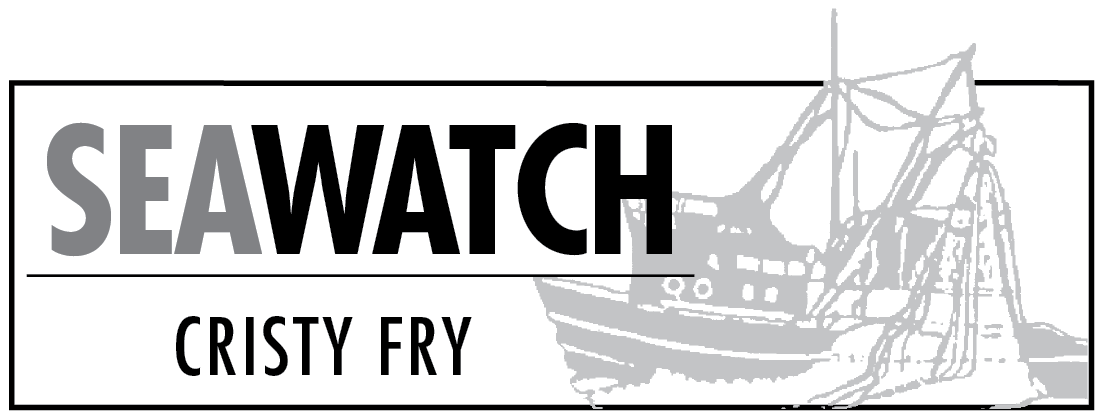As homeowners turn their thoughts to spring cleaning this time of year, harbormasters are looking at ways to remove abandoned and derelict vessels from their harbors in Alaska.
Enter Cook Inletkeeper and the abandoned and derelict vessels, or ADV, program.
With a coastline larger than the rest of the United States combined, Alaska is blessed with many communities that can only be reached by water or air. As a result, there is an ever-increasing number of aging vessels that have become uneconomical to operate, especially with the increase in state and federal rationalization programs that reduce the number of vessels in various fisheries.
Many of these vessels end up moored in public harbors or anchored in public waterways, often abandoned and potentially leaking hazardous materials.
Rachel Lord, clean water program director for Cook Inletkeeper, is part of an ad-hoc abandoned and derelict vessel task force that has been working for years to figure out how to prevent such vessels from ending up in public harbors and waterways, and admits that it is a huge task.
“One of the problems with abandoned vessels in Alaska is that we don’t have any one point person for ADV,” she said.
The Alaska Department of Natural Resources has stepped in with a vessels-of-concern reporting form, and is putting together a database to keep track of them.
The task force is currently undertaking rewriting the statute that deals with abandoned and derelict vessels, which is largely unchanged since the 1970s.
Part of the problem is there is a difference in processes for abandoned versus derelict vessels.
“One of the things we want to do is make it clear for different agencies, municipalities, landowners, and vessel owners” where the responsibility and liability lies, she said.
She is hoping the rewritten statute will ultimately contain provisions to prevent the “hot potato” scenario where someone has a vessel they no longer wish to deal with, and they sign it over to someone with pie-in-the-sky dreams but no resources, and the vessel eventually ends up being a burden to public agencies.
She added that the current statute is also not very supportive of enforcement, which is also a problem.
Different harbors around the state have different methods of dealing with the problem, and part of the purpose of the task force is to combine and vet those methods to come up with a comprehensive plan state-wide.
Contact Lord at rachel@inletkeeper.org or 235-4068.
Cristy Fry can be reached at realist468@gmail.com.


